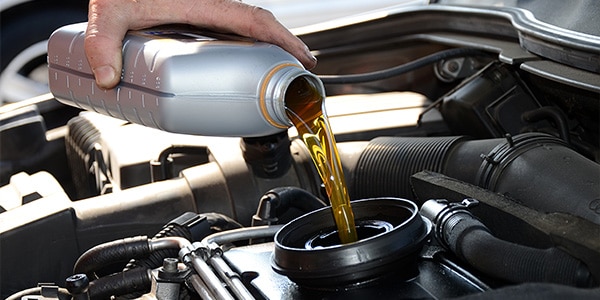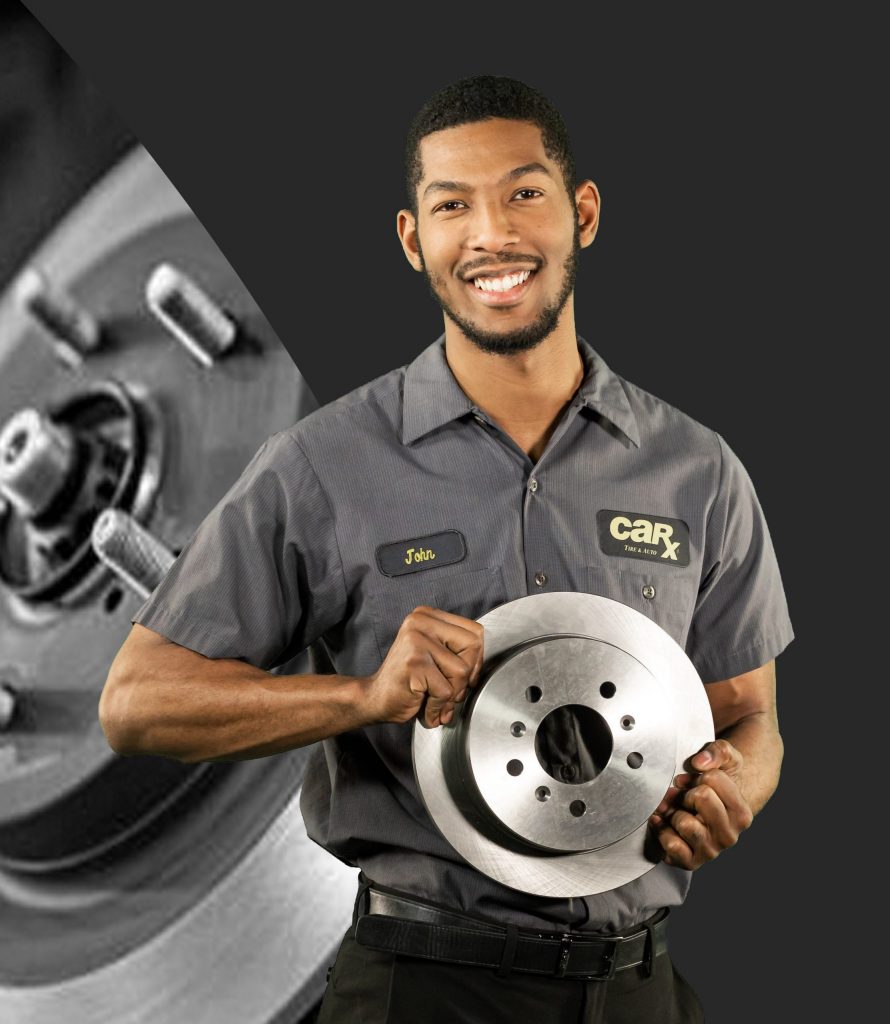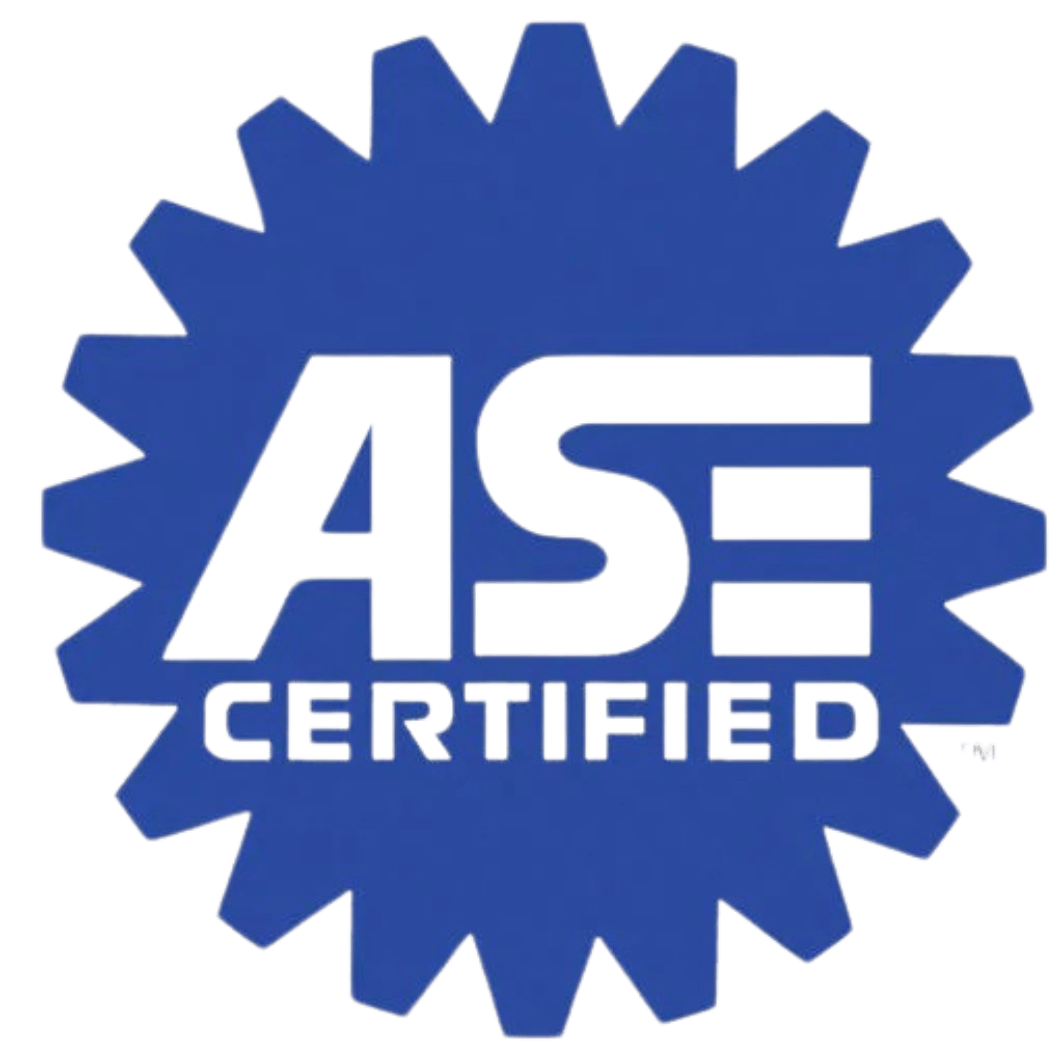Best Type of Oil for Your Car? Synthetic Oil or Conventional Oil?

No doubt at some point in time you may have heard the ongoing debate about which type of motor oil is best for your motor…
Easy Transmission Maintenance

Transmission repair is one of the most costly and time-consuming car repairs. The transmission is what allows the automotive to move and shift gears. However, there are preventative steps you can take to minimize transmission problems. Car-x offers a free visual inspection of your system. Take advantage of the offer because it will save you […]
To Change My Oil or Not?

Regular oil changes will save you money in the long run! Most car manufacturers now recommend oil changes between 7,500 and 10,000 miles, although some…
Expert Brake Service

Being able to stop quickly and smoothly is essential in a car. Quality brakes that function in top condition are fundamental to a driver’s safety…
What Every Driver Should Know About Car Batteries
An automotive battery is a large rechargeable battery that powers the electrical system of the modern vehicle. Because of their incredible durability and endurance, some major automotive brands offer maintenance-free car batteries. But as any mechanic will tell you, there is no such thing as a maintenance-free car battery. Yes, they may last for four […]


